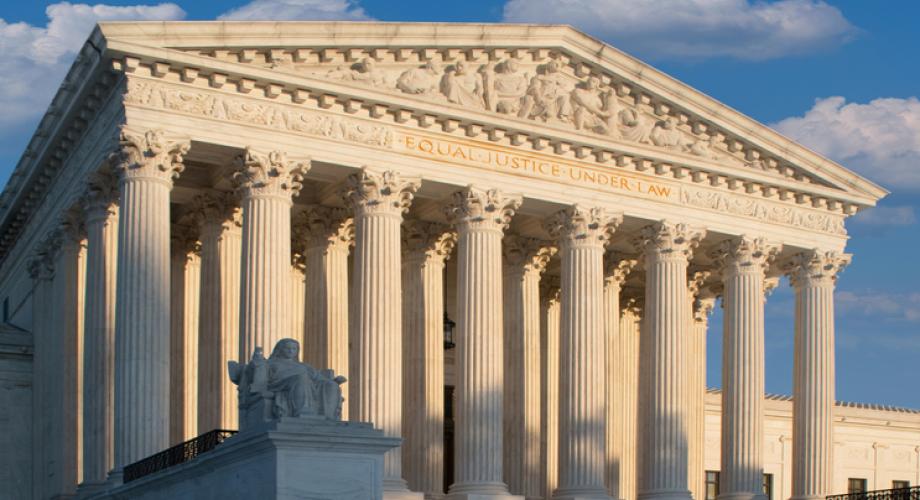On February 20, 2024, the Supreme Court of the United States (SCOTUS) denied petitions for writs of certiorari in 74 Pinehurst LLC, et al. v. New York and 335-7 LLC, et al. v. New York. In a statement written by Justice Thomas respecting the Court’s denials, he noted "[t]he petitioners’ complaints primarily contain generalized allegations about their circumstances and injuries. But, to evaluate their as-applied challenges, we must consider whether specific New York City regulations prevent petitioners from evicting actual tenants for particular reasons."
However, Justice Thomas also gives the rental housing industry hope that this is not the final word on rent control. In his statement, Justice Thomas wrote that even though the housing providers did not provide a clear understanding of how the New York City regulations completely bar them from evicting residents, the Court should hear the appropriate case in the future to address the constitutionality of “regimes like New York City’s,” as it is an “important and pressing question.”
As a result of SCOTUS’ denial of all three New York rent control cases, the rulings of the Second Circuit stands in all cases, and New York’s Rent Stabilization laws remain in effect.
SCOTUS’ long-awaited decision in 74 Pinehurst and 335-7 LLC comes four months after the Court denied certiorari in Community Housing Improvement Program v. City of New York and Kagan v. City of Los Angeles, a rent control case out of California. SCOTUS denied cert in the two former cases without providing any additional commentary. The delay in the Court’s decision on 74 Pinehurst and 335-7 LLC gave some housing providers hope that the Court would take up the two remaining cases. As the National Apartment Association (NAA) previously reported, a favorable ruling by SCOTUS had the potential to impact rent control ordinances across the country.
NAA will continue to advocate on behalf of its members and encourage policymakers to implement effective policy solutions to help resolve the nation’s housing affordability issues.
